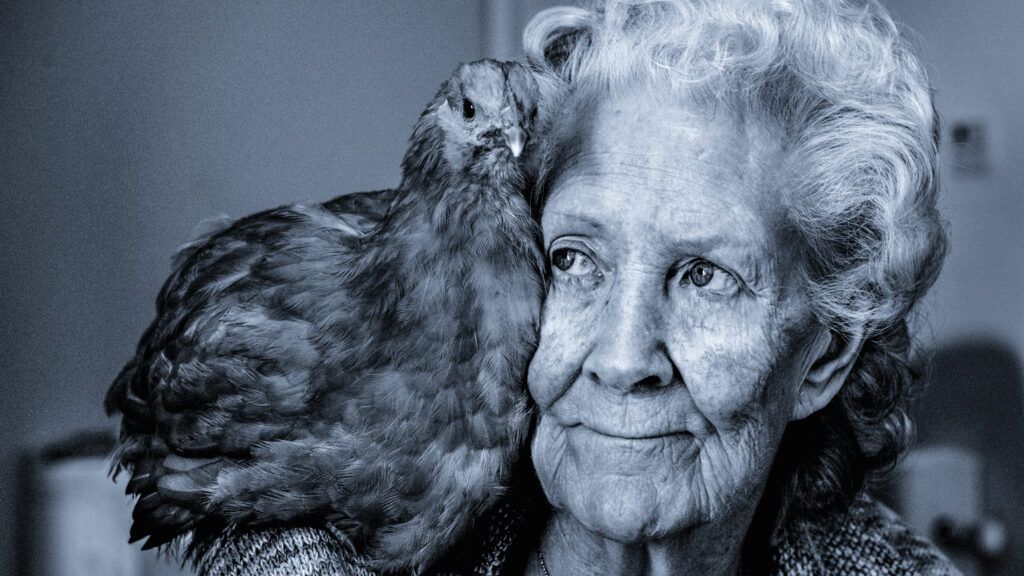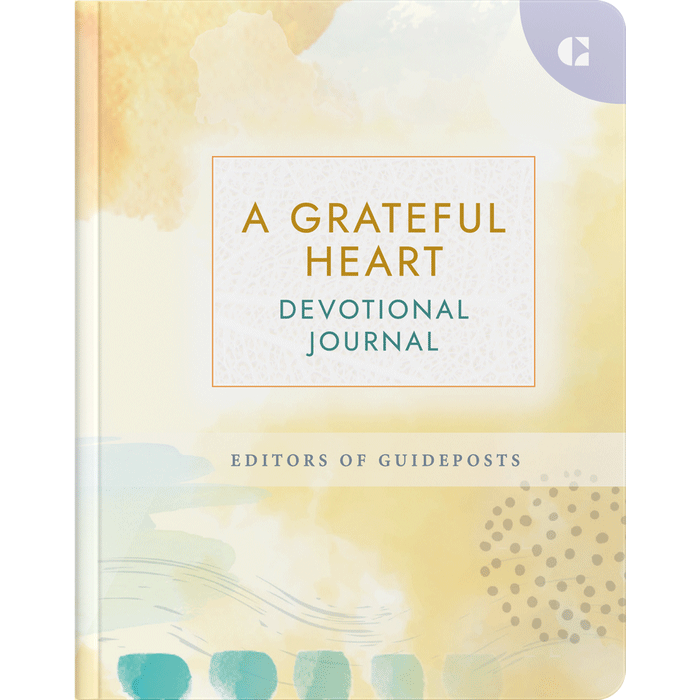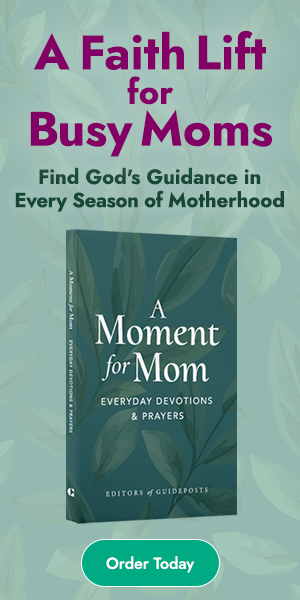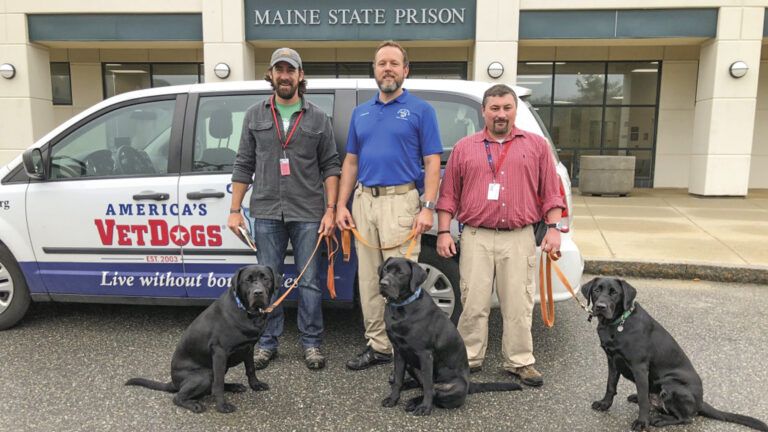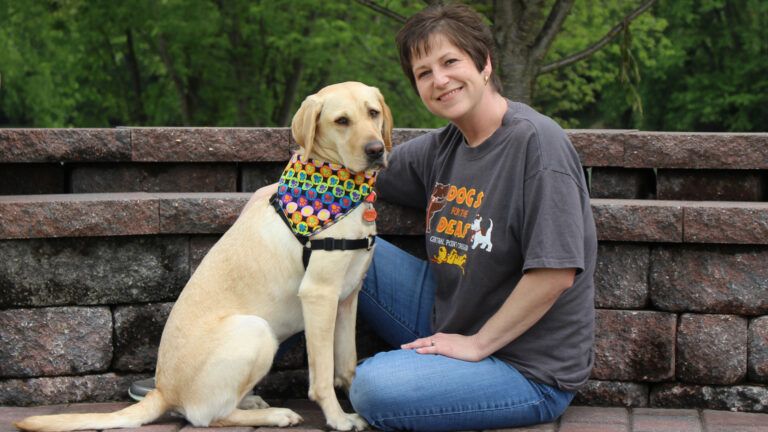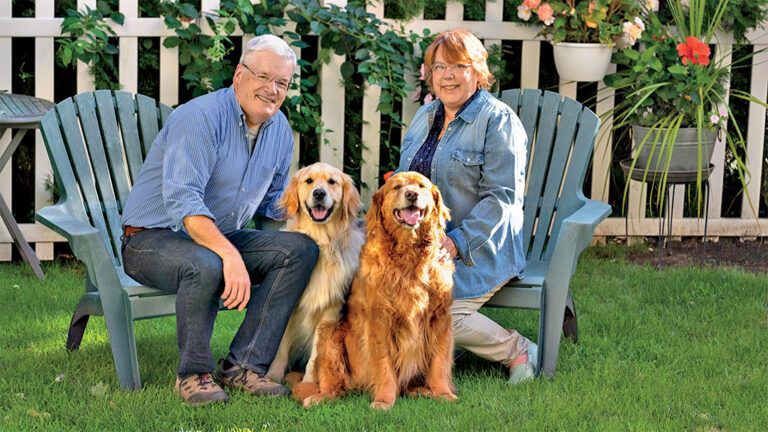Not long ago the idea for an unconventional animal-care project was hatched. HenPower, delivered by the creative aging charity Equal Arts, has been helping seniors in nursing homes and dementia care centers throughout the United Kingdom combat memory challenges and loneliness by getting them into chicken coops and art studios.
Project Manager Jos Forester-Melville tells us all about the “henspirational” program.
How did HenPower get started?
In 2012, at a dementia care facility in Gateshead, in North East England, an older resident named Billy was restless and unsettled. He’d constantly pace or try to dash outside, and would repeat female names. The other residents were on edge because of Billy’s agitation, and the staff was weary.
Working closely with the manager, we figured out that the names Billy kept repeating were those of hens he’d kept when he was younger, and he was trying to get out so he could care for them—gather the eggs, feed them or simply keep them company. So we bought Billy six hens, and he was instantly happy. This was what he’d missed. As we watched him rediscover his passion of caring for the hens, the idea was born.
How has HenPower helped people with aging challenges?
Aside from memory loss, seniors experience a lot of other kinds of loss: loss of their homes and jobs, loss of partners, friends and siblings. They’re also grappling with failing health and their often diminished role in society. The one thing that remains, even in the grip of dementia, is the ability to play, imagine and create. So offering a means of cultivating creativity is ideal.
These folks rediscover old talents in writing or textiles, and they develop new skills as well. Caring for hens and creating art gives them roles and responsibilities. They may have otherwise been written off by society, but with this program they’re recognized as teachers, volunteers, stewards, public speakers, artists and ambassadors.
What is it about chickens that makes them good for older people to care for?
Hens are naturally gregarious, social creatures. They’re an animated distraction from mundane nursing home settings. They lead to a bit of positive chaos, humor and discussion, and thus, community creating. HenPower is not animal-assisted therapy but the building of human bonds and the making of friends through hens and creativity.
How do the hens inspire creativity?
The hens are the catalyst for the creative activity. They’re usually on the table during a creative session. We write songs and poems about our feathered friends, design sculptures and collages, and make paving stones and wind chimes.
We work with poets, horticulturalists, musicians, visual artists and potters, encouraging the nursing home to display the work. It’s empowering for the residents to have their creativity valued and shared.
How do people work with the chickens?
Some “hensioners,” as we call them, are involved in hen-keeping. They love caring for the hens and collecting eggs, all while making friends and gaining a sense of purpose.
And some hensioners take the chickens on the road?
Yes, we have hen road shows, where we go to other care settings to promote the benefits of the project. The hensioners speak at national conferences about health and how to reduce isolation and loneliness. They teach third-year nursing students about creative approaches to caring for older people.
Hensioners also teach about hen-keeping in both mainstream schools and schools for young people with learning difficulties and disabilities. They encourage the kids to become part of a dementia-friendly school environment, where they learn respect for older folk and to embrace differences.
Is it a challenge to convince care centers of the program’s benefits?
People worry about vermin. Sometimes there are financial worries. They wonder if there will be enough people to care for the hens. Older people, especially those with dementia, can be overlooked. Their contribution to society, and to the arts, is often dismissed. We want to eliminate those barriers and bias by encouraging creativity. A lot of care center managers are shocked and impressed when they see the caliber of the artwork. We say if it’s not for them, we can take the hens away. But that rarely happens.
How is HenPower funded?
We encourage care settings to set up Friends of HenPower groups, and we support them in applying for grants. Additionally, hensioners create merchandise to sell, and the money funds more creative activities.
Has the program grown?
We’re now in more than 60 care homes and schools across the United Kingdom and have more than 20 projects in Australia, Taiwan and Holland. We’d love to offer our program in the United States!
What are some of the successes you’ve seen?
Research from the University of Northumbria indicated a decrease in the use of antipsychotic medication and a reduction in the need for locked units in care settings with HenPower. As care center managers see the benefits, more of them grant free access to the garden so participants can be with the hens.
In some cases, we’ve seen a reduction in staff absences because their work has become less stressful: Residents are happier and occupied with meaningful activity, roles and responsibilities. Some care homes have reported increased occupancy, with families drawn to the idea of hens and creativity.
Can you share a story of how HenPower has helped a senior with loneliness and dementia?
I recently worked with an older woman whose relatives had stopped visiting because of the repetitive conversations and memory loss that dementia can bring.
The condition had isolated her. She hatched a chick from an egg and bonded with it, and everywhere she went, the hen went too. When she painted, the hen was lively and sat on her shoulder. When she sat back to assess her next stroke of paint, the hen dozed and slept on her shoulder. They developed an entirely symbiotic relationship in which they relied on the care of each other.
Another senior woman told us: “In volunteering for HenPower, I know I’m needed. My daughter has to make an appointment to see me because I’m always busy in schools or at the university or with art classes. It’s changed my life. My husband died four years ago, and I was a caretaker. In volunteering for HenPower, I have found a new life. I’ve made new friends, and I wouldn’t change a thing.”
What is your hope for the future of HenPower?
To spread our wings around the globe and continue to “rehenergize” older people’s lives on a “henternational” level! This program is about building bonds at a time when most seniors are slowing down. It’s about hearing their voices, seeing their faces, knowing their strengths and abilities, and the rest of us learning from that.
Did you enjoy this story? Subscribe to All Creatures magazine.
